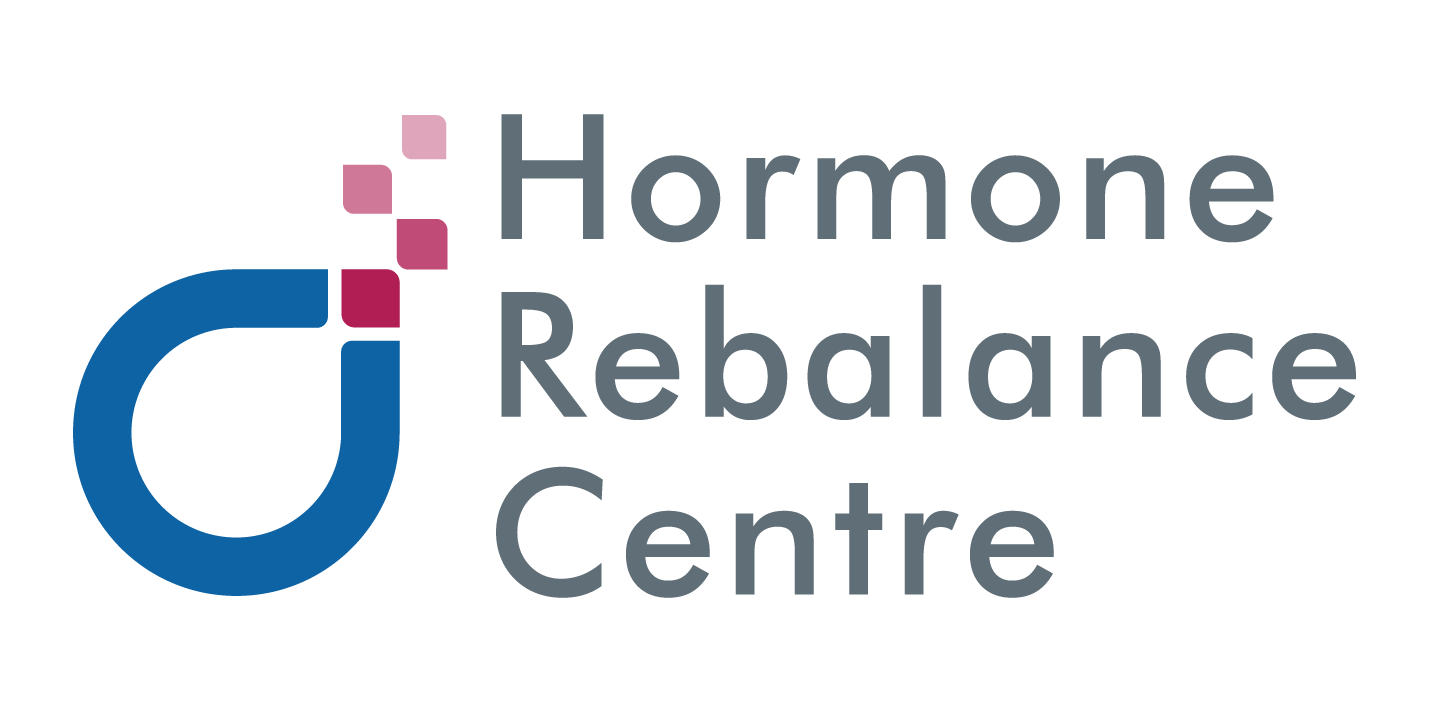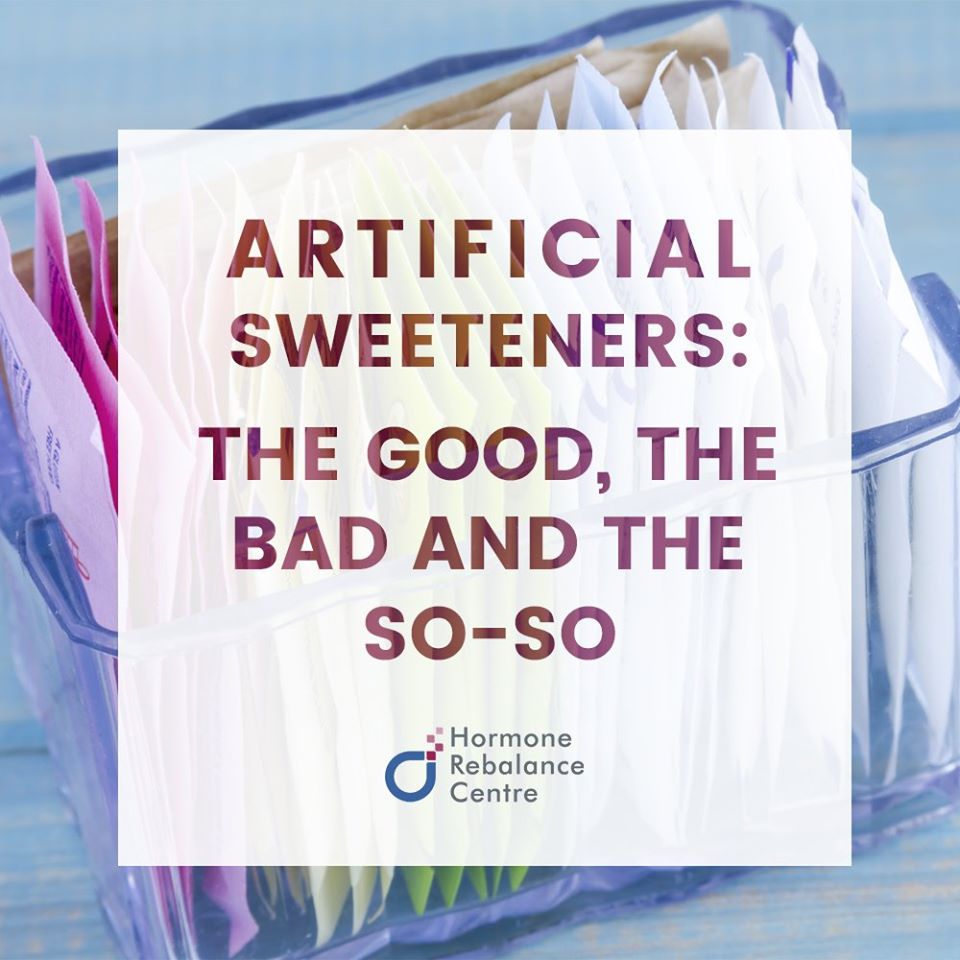 Don’t be mislead by “no calorie”, “sugar-free” or “sugar substitute” label claims in your attempt to cut back on sugar. If your go-to solution is to resort to artificial sweeteners, you may actually be doing more harm than good.
Don’t be mislead by “no calorie”, “sugar-free” or “sugar substitute” label claims in your attempt to cut back on sugar. If your go-to solution is to resort to artificial sweeteners, you may actually be doing more harm than good.
Artificial sweeteners work by providing a higher intensity of sweetness per gram and therefore, they typically contain less calories than sugar-based sweeteners.
This may sound appealing, but they have also been shown to mess your metabolism and waistline by increasing the expression of genes that are involved in fat production, inflammation and an over-expression of sweet taste receptors (not a good thing!)
The good news is that there are solutions! Review this list to understand how to better read labels and find the bad sugars sneaking into your foods. Keep in mind, even “The Good” should be consumed in moderation!
Also, if you would like to learn more about foods that help balance hormones, rather than disrupting them like artificial sugars do, check out our FREE Hormone Nutrient Guide!
“The Good”
These are sweeteners with a low impact on your blood sugar levels:
- Monk fruit
- Stevia
- Xylitol
- 85%+ dark chocolate
- Raw cacao (powder and nibs)
- Erythritol
- Chicory
- Inulin
“The So-So”
These are sweeteners with a medium impact on your blood sugar levels:
- Glucose (non-GMO)
- Rice syrup
- Cane syrup (non-GMO)
- Raw brown sugar
- (non-processed)
- 70-85% dark chocolate
- Coconut sugar
- Local organic raw honey
- Blackstrap molasses
- Sorbitol
- Mannitol
- Coconut palm sugar
“The bad”
Although some may be considered “natural”, these are sweeteners with a high impact on your blood sugar levels:
- Agave
- Molasses
- Fruit juice concentrate
- Processed brown sugar
- Processed white sugar
- Processed honey
- Milk chocolate
- Nutrasweet, Equal (Aspartame)
- Cyclamates
- Splenda (Sucralose)
- Sweet One (Acesulfame-Potassium)
- Sweet N’ Low, Sugar Twin (Saccharin)
- Maltodextrin
- High Fructose Corn Syrup
- Caramel sauce
- Chocolate syrup
- Maple syrup



No Comments